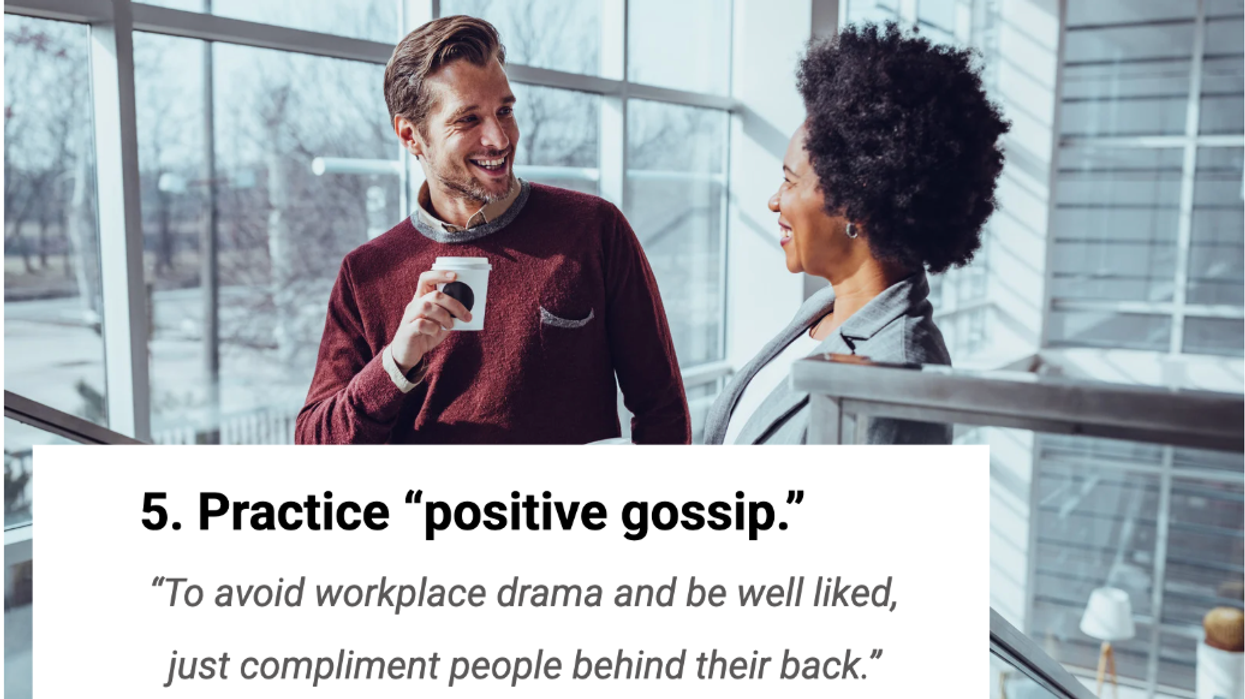In the 1960s, you could spot a hippie1 a mile away-or so I've gathered from VH1 retrospectives and trips to San Francisco. There were telltale signs of countercultural couture, more "high" than "haute": hair that spun its own stories and an anti-establishment posture that permeated both the pop and the prosaic strata of American culture. In our parents' day, a change was not only coming, it was obvious.It is not so today. It's in the air, though, odorless and invisible-and thank God it's not nerve gas. It's the unbridled optimism of we who see our time has come. The "Change Agents," coming soon to a theater near you, with a look and a vibe that defies definition. Our generation is characterized not so much by a unified movement for radical social change2, but rather by the lack of one. In his upcoming book Blessed Unrest, the social entrepreneur and environmental maven Paul Hawken speaks of a massive global movement for change. It's been called the "second superpower." I'm more inclined to think of it as the first worldwide renaissance, however-one so pervasive and so diverse that it does not yet know itself. It is arguably the largest revolution in human history and it has become manifest in the millions of entities, initiatives, organizations, businesses, collectives, and consumers committed to the advancement of global culture. It is a revolution that's not being televised, and so to many, it simply does not exist. Yet.How is it possible for a movement of this magnitude to go unnoticed, right beneath our noses? Shouldn't there at least be some kind of spokesman or chairperson, or at least a solid squad of cheervangelists spreading the good word? Thing is, the movement has no leader, and broadcast media has been a little slow on the uptake. So hell no, you won't hear about this on your radio, and you certainly won't catch it on MTV. (As a matter of fact, all hugs and kisses aside, if I hear another meaningless pop tune or hyper-inauthentic rap by some so-called street thug employed by a multinational conglomerate, I might very well commit a crime.)We are beset today by a terrible conundrum. On the one hand, the constant spate of bad news coming from the White House3, the Middle East, Darfur, Southeast Asia, urban America, suburbia, and beyond. On the other, incessant reporting on the latest trials and tantrums of Lindsay Lohan, Paris Hilton and 50 Cent. What happened to the time when artists were a voice for change, the troubadours of the world as we wished it, the riots of the way things were? No wonder our global renaissance is getting no airtime. The media is busy covering drunken beauty queens, drug-dealing musicians, and panty-less celebrities. Suck it up, folks. It's either Ahmadinejad or the Ying Yang twins, and it seems some combination of this "A-Y Jelly" is lubricating our descent into intellectual, cultural, and literal demise.And yet there is that "thing" in the air.It's in evidence when the Jamaican MC Nadirah X rhymes, "I hate this crazy life that we're living / All this raping and killing / And innocent blood spilling." Eroc, of the activist hip-hop trio The Foundation Movement, also echoes this change with a new spin on an old hymn: "Amazing grace, how sweet the sound / Through the storm, you never let me down / 'Cause of my faith, I walk on solid ground / I once was lost, but now I'm found." And of the impact American hip hop has had on my peers back home in West Africa, I recently asked, "How could your car determine your strength of character / Or the chain4 around your neck make you freer than the next man?"These three verses, by artists from three different continents, who sing in four languages, all share a common vision of a world with room for all of us. Where are the other artists who speak for those of us who believe our time has come? They are everywhere.And while the mainstream media may not yet acknowledge this movement or its music, there are artists from Brazil, Nigeria, Lebanon, Indonesia, and more who are singing their own redemption songs-powerful, artistic, creative, and honest outpourings of hope, faith, defiance, and straight-up fun; our collective songs of freedom. For a long time we have deified celebrity, but we now live in a world so saturated with information that we can no longer plead ignorance to the suffering of our neighbors. It's time we ask and expect more from those to whom we have given our attention. Or perhaps it's just time we turn our attention elsewhere.The power of the artist lies in his or her ability to speak directly to the core of our humanity in terms we understand. The artist says what we needed said, even if we did not have the wherewithal to say it ourselves. The artist's role has been to speak for society. The question today is, who speaks for you?
Derrick Ashong on Music
Derrick Ashong on the Music of Change.
Feb 18, 2007
















 Otis knew before they did.
Otis knew before they did.